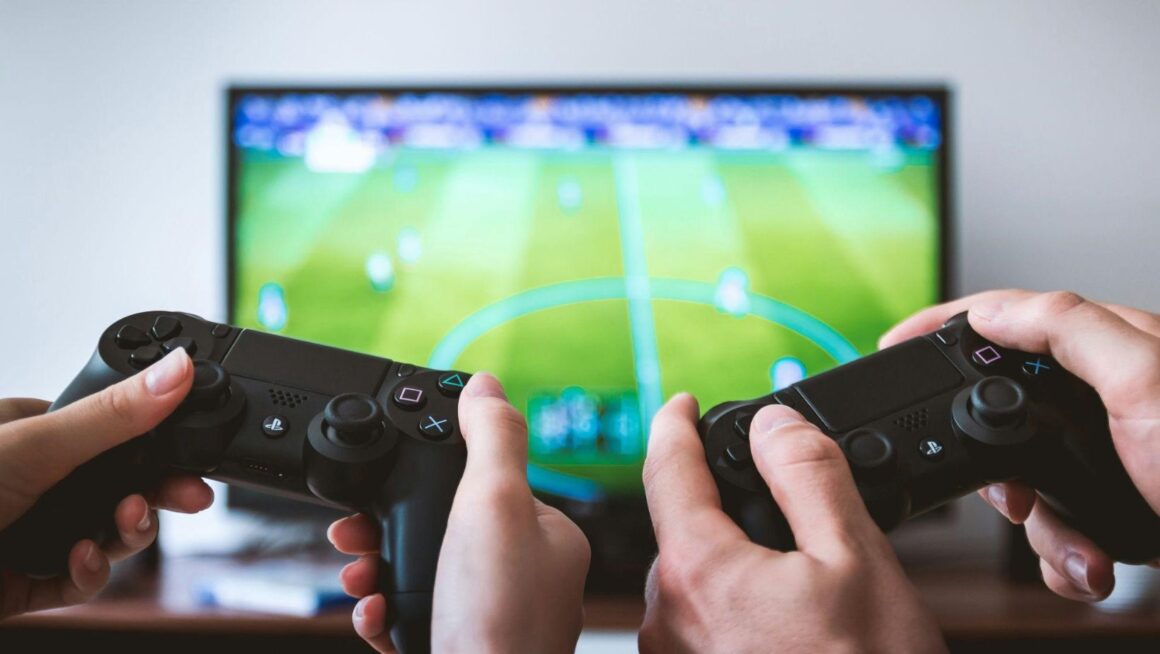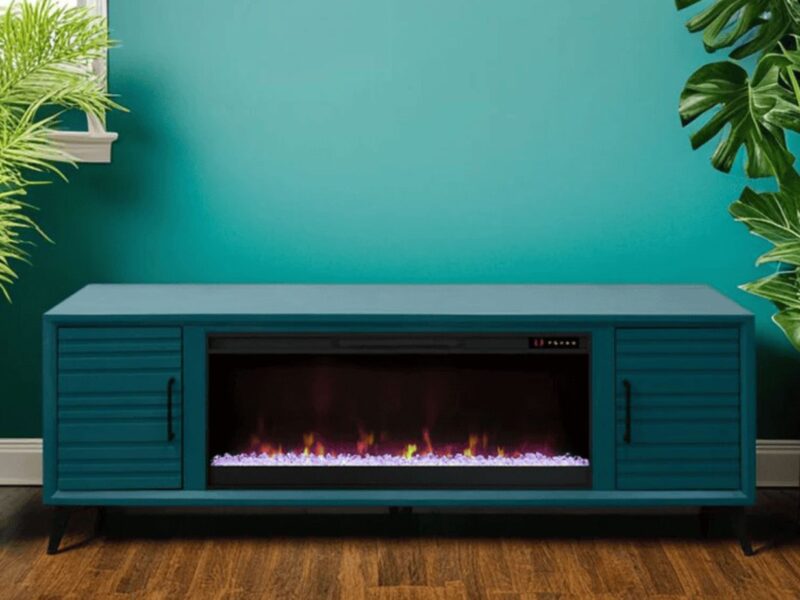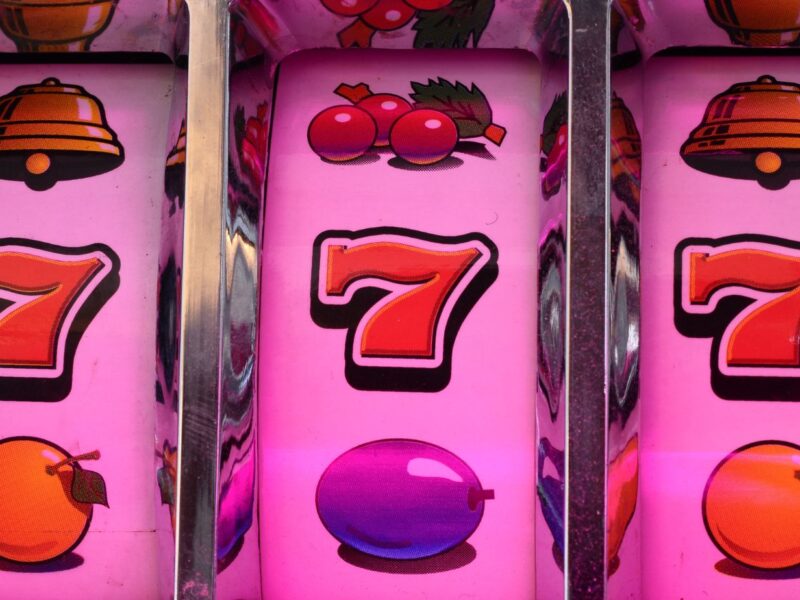Table of Contents
Gaming is more than quick reflexes or chasing high scores. For many players, it fits into their daily routine—a mix of habit, focus, and time to unwind. Some spend hours in deep RPGs, while others play short rounds during breaks. No matter the style, staying balanced helps keep the experience fun and clear-headed. That balance often includes managing focus, mood, and the choices that shape how games fit into everyday life.
Simple Ways to Stay Focused While You Play
A steady routine keeps your mind clear during long sessions. Sit in a tidy space, drink water often, and stand up between rounds. Short walks or quick stretches stop your body from stiffening and reset your focus when a match runs long.
Some players also add low-key habits that won’t distract friends in the same room. Nicotine pouches are one quiet option for gamers who smoke. If you’re parallel playing with a friend or partner in the same room, using these keeps smoke out of the air and means you can play without having to take a smoke break. Other players set phone timers, use breathing apps, or switch to blue-light filters after dusk. Each small step helps you stay alert without breaking the flow of play for yourself or anyone sharing your space.
Gambling Awareness
Some modern games include mechanics that resemble gambling, even if players don’t always realize it. Loot boxes, gacha rolls, and card pack openings all rely on random chance. You spend currency, either in-game or real money, and hope the next pull gives you something rare. While the excitement is part of the fun, it’s important to be aware that these systems trigger the same reward-seeking behaviors as gambling.

Being mindful of time spent on these features—and how much you’re spending overall—helps keep play healthy. Many game developers now include spending limits or drop rate disclosures, but it’s still up to the player to stay informed. Responsible play doesn’t just apply to casinos; it applies to digital spaces too, especially when games blur the lines between skill and chance.
Building Better Habits While Playing
Gaming is more enjoyable when it fits into your routine rather than takes over it. That might mean setting time limits, choosing games with natural stopping points, or stepping away after a difficult loss. Some players even plan snack breaks, movement reminders, or specific playlists to give themselves more balance while gaming with others across the globe.

Not every session needs to be “productive”—sometimes it’s enough to just enjoy the moment. But knowing your own habits and tendencies makes it easier to keep gaming positive and part of a healthy routine.
Choosing Games That Support Focus
The game you pick can shape how well you stay alert. Fast-paced shooters push reflexes and keep you on edge, yet they can drain focus if you play them late at night. Slower strategy or puzzle titles give your brain room to breathe and often slot neatly into shorter breaks.
Rotating genres helps avoid mental fatigue; a quiet farming sim after a tense online match can reset your mood without forcing you to leave the hobby altogether. It’s these small changes that help gamers balance their hobby with life outside the games they enjoy.



